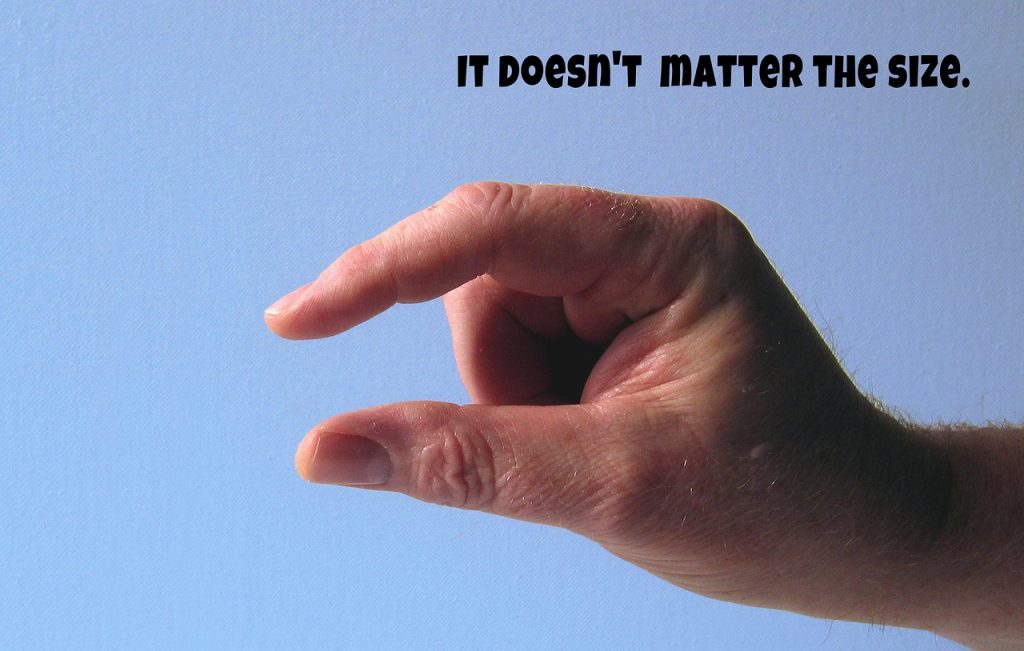💡 Introduction: More Than Just “Getting Hard”
Erections are one of the most talked-about aspects of male sexual health — yet they’re also one of the most misunderstood. From jokes and embarrassment to pressure and anxiety, erections are often seen through the lens of performance rather than biology.
But here’s the truth: erections are a natural, complex, and essential function of male sexual anatomy. Understanding how they work can improve not only your sex life, but your overall health and confidence.
So let’s take a deep dive into what erections really are — how they happen, what’s considered normal, and when it’s time to seek help.
🧠 The Science Behind an Erection
At its core, an erection is a neurovascular event — meaning it involves the nervous system, the blood vessels, and hormones working in harmony.
Here’s a breakdown of the process:
1. Arousal (Mental and Physical)
It all starts in the brain. Sexual thoughts, visual stimuli, touch, or emotional connection trigger signals in the brain that initiate arousal.
These signals are sent down the spinal cord to the pelvic nerves, activating a response in the blood vessels of the penis.
2. Blood Flow Increases
The arteries that supply the penis dilate, allowing a large amount of oxygen-rich blood to rush into two sponge-like structures called the corpora cavernosa.
3. Engorgement and Expansion
As the corpora cavernosa fill, the penis becomes firm, enlarged, and upright. Veins are compressed, which traps blood inside, maintaining the erection.
4. Erection Is Maintained
As long as arousal signals continue and blood flow is sufficient, the erection is maintained.
5. Erection Ends (Detumescence)
After ejaculation or when arousal decreases, the blood vessels constrict, the trapped blood flows out, and the penis returns to its flaccid state.
It’s a beautiful, highly coordinated dance between the brain, nerves, heart, and penis.
📊 What’s Normal (and What’s Not)?
Let’s debunk a few myths and outline what’s actually normal when it comes to erections.
✅ Frequency
- On average, a healthy man experiences 3 to 5 erections per night during REM sleep.
- Daytime erections can occur from arousal, friction, fantasy, or for no reason at all — that’s normal.
- Morning erections (called nocturnal penile tumescence) are a sign of good blood flow and hormone levels.
✅ Duration
- An erection during sex or masturbation may last anywhere from a few minutes to over half an hour.
- Not all erections lead to orgasm or ejaculation — and that’s okay.
✅ Shape and Angle
- Penises point in all kinds of directions when erect: up, down, straight, left, or right.
- A slight curve is normal. However, sharp curves or painful erections may indicate a condition like Peyronie’s disease.
✅ Size When Erect
- The average erect penis is around 13.1 cm (5.16 inches).
- Some grow a lot from flaccid to erect (a “grower”), others stay similar in size (a “shower”). Both are healthy.
😰 Common Erection Concerns
Even if the system works perfectly, men often worry about their erections. Here are some common concerns — and the truth behind them:
❓ “I can’t get hard sometimes. Is that ED?”
Not necessarily. Occasional erectile issues are common and normal — especially with stress, fatigue, anxiety, or alcohol. True erectile dysfunction (ED) is when a man consistently cannot get or keep an erection firm enough for sex.
❓ “My erection doesn’t last long.”
This may be due to anxiety, lack of foreplay, or psychological factors — not always a medical issue.
❓ “I lose my erection after putting on a condom.”
This is a common form of performance anxiety or sensory change. Try different condom types or slow things down.
🧪 Erections as a Health Indicator
Erections are like a window into your vascular health. The penis is extremely sensitive to blood flow — so changes in erection quality may signal underlying health problems, including:
- High blood pressure
- Diabetes
- High cholesterol
- Heart disease
In fact, erectile dysfunction can be an early sign of heart problems, often showing up years before symptoms like chest pain.
So if your erections have changed significantly, it’s not just a bedroom issue — it might be worth checking your overall health with a doctor.
🛠️ Factors That Affect Erections
Let’s explore what helps — and what harms — erectile function:
🟢 Helps Erections
- Regular exercise (especially cardio)
- Healthy diet (whole foods, low sugar)
- Quality sleep
- Mental health support
- Quit smoking
- Moderate alcohol use
🔴 Hurts Erections
- Smoking (damages blood vessels)
- Alcohol abuse
- Drug use (e.g., cocaine, opioids)
- Obesity
- High stress
- Porn-induced arousal issues
🧘 Mental Health and Erections
You can be physically healthy and still struggle with erections. Why? Because the brain is the biggest sex organ.
Conditions like:
- Performance anxiety
- Depression
- Stress
- Body image issues
…can all interfere with your ability to get or maintain an erection. This kind of ED is called psychogenic ED, and it’s very real — but very treatable with therapy, open communication, and self-awareness.
💊 Treatment for Erectile Dysfunction (ED)
If ED becomes frequent or persistent, don’t panic — it’s very common and very treatable.
Available Treatments:
- Lifestyle changes – diet, exercise, stress reduction
- Therapy – for psychological causes
- Oral medication – such as Viagra (sildenafil) or Cialis (tadalafil)
- Vacuum erection devices – non-invasive and drug-free
- Penile injections or suppositories – for more severe cases
- Penile implants – surgical option for long-term ED
Talk to a urologist or men’s health doctor if this becomes an issue. Don’t let shame keep you from treatment.
🧑🤝🧑 Erections and Relationships
Erections can sometimes become a source of stress in relationships, especially if they don’t behave as expected. Here’s what helps:
- Honest communication: Let your partner know what’s going on emotionally and physically.
- Slow things down: Focus on connection and touch, not just penetration.
- Experiment: Positions, timing, and settings all affect arousal.
- Support each other: It’s not about “fixing” — it’s about exploring what works together.
Remember: you’re not a machine. And sex isn’t a performance — it’s a shared experience.
🧪 When to See a Doctor
See a medical professional if:
- You can’t get an erection at all
- Erections are painful or extremely curved
- Erections disappear too quickly for satisfying sex
- You’ve lost morning erections for several weeks
- You suspect hormonal imbalances (like low testosterone)
The sooner you get evaluated, the more options you have — and the better your outcome.
🔚 Final Thoughts: It’s About More Than Hardness
An erection is not just about sex — it’s about blood flow, hormones, emotions, confidence, and connection. When it works well, it can be a source of pleasure and pride. When it doesn’t, it can feel like a threat to your identity — but it shouldn’t.
Here’s what matters most:
- Erections are part of health, not just manhood
- They change over time — and that’s natural
- Support, knowledge, and care make a big difference
- Your worth is not measured by hardness or duration
At Penis Life Matter, we believe education removes shame. And when shame is gone, confidence, care, and satisfaction can grow.



